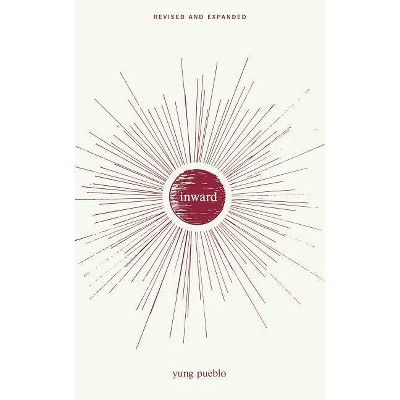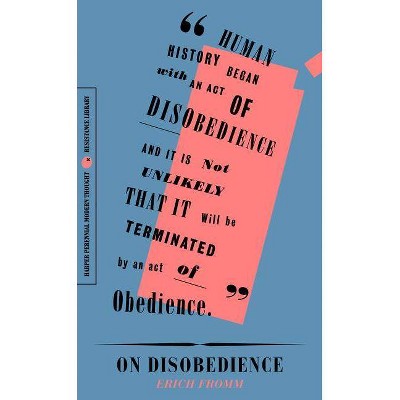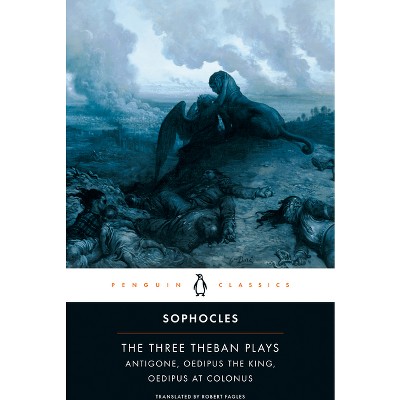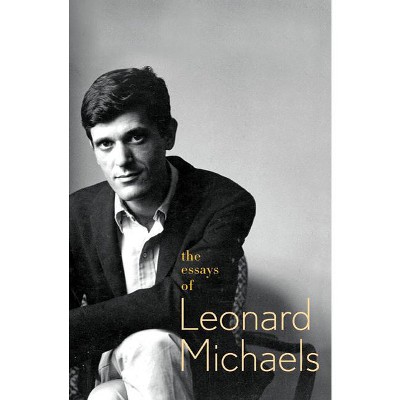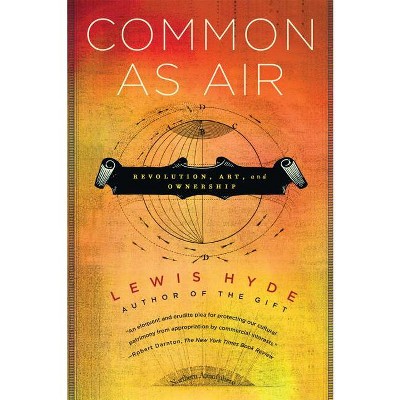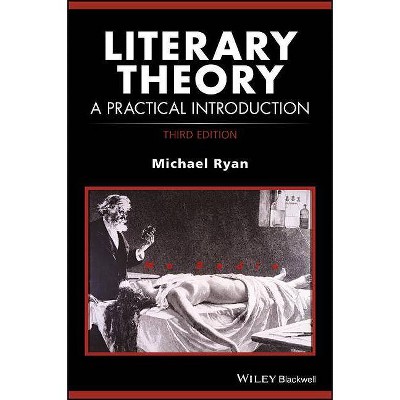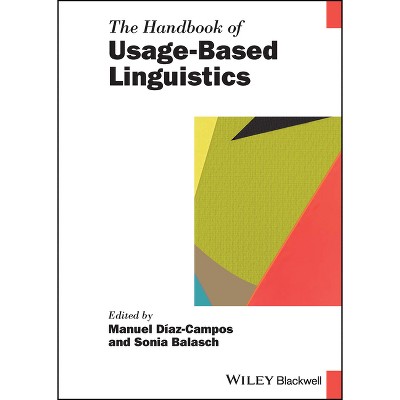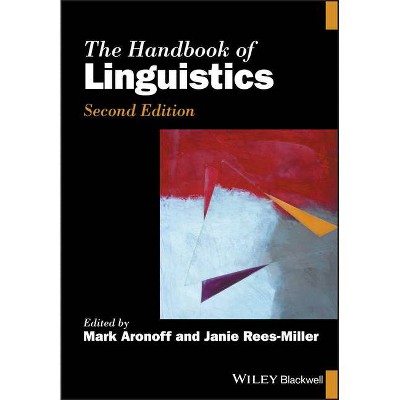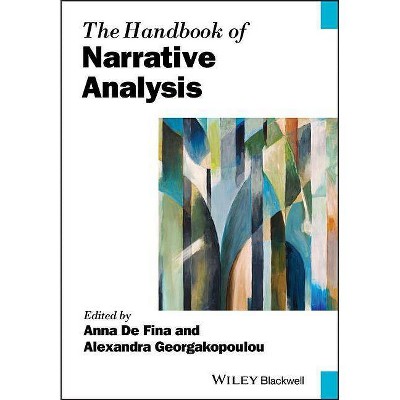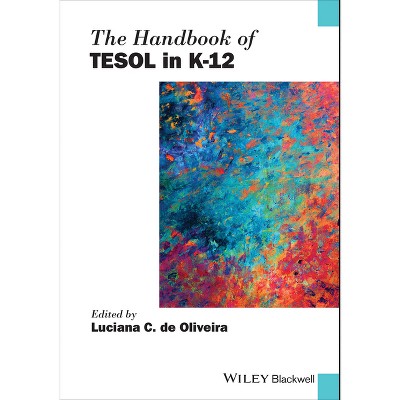Sponsored

Literary Theory Handbook - (Wiley Blackwell Literature Handbooks) by Gregory Castle (Paperback)
In Stock
Sponsored
About this item
Highlights
- The Literary Theory Handbook introduces students to the history and scope of literary theory, showing them how to perform literary analysis, and providing a greater understanding of the historical contexts for different theories.
- About the Author: Gregory Castle is a professor of British and Irish literature at Arizona State University.
- 448 Pages
- Literary Criticism, Semiotics & Theory
- Series Name: Wiley Blackwell Literature Handbooks
Description
Book Synopsis
The Literary Theory Handbook introduces students to the history and scope of literary theory, showing them how to perform literary analysis, and providing a greater understanding of the historical contexts for different theories.
- A new edition of this highly successful text, which includes updated and refined chapters, and new sections on contemporary theories
- Far reaching in its inclusion of a detailed history of theory and in-depth discussions of major theories and movements
- Four distinct perspectives on theory--historical, thematic, biographical, practical--are carefully intertwined, so that key concepts, terms and ideas are developed in different contexts and cross-referenced, in the text and in the index.
- Includes alphabetically-arranged biographies designed for quick reference, and sample readings to illustrate the practical application of theory
From the Back Cover
The Literary Theory Handbook provides the ideal starting point to the subject for students, offering clarity on the history, scope and application of literary theory, and providing four distinct entryways into this vast and varied discourse.
Raising key questions about the nature of theory and literature, individual chapters offer historical, thematic, biographical, practical perspectives on theoretical concepts, ideas and modes of practice. A chapter on the historical development of theoretical movements, trends and ideas makes connections between and among theories across a century of development. Separate entries on major theories bring together similar methods or objects of study, such as Form, Structure, and Narrative, and short biographical sketches provide a handy reference for key theorists and their major works. The final section of the Handbook features brief readings of literary texts--including works by Shakespeare, Conrad, Faulkner, Beckett, and Rushdie--each informed by multiple perspectives that exemplify theoretical practice.
About the Author
Gregory Castle is a professor of British and Irish literature at Arizona State University. He is author of Modernism and the Celtic Revival (2001), Reading the Modernist Bildungsroman (2006), and The Blackwell Guide to Literary Theory (2007) and has edited Postcolonial Discourses (2000) and the Encyclopedia of Literary and Cultural Theory, vol. 1 (Wiley-Blackwell, 2011). He has also published numerous essays on Joyce, Yeats, Wilde, and other Irish writers.

